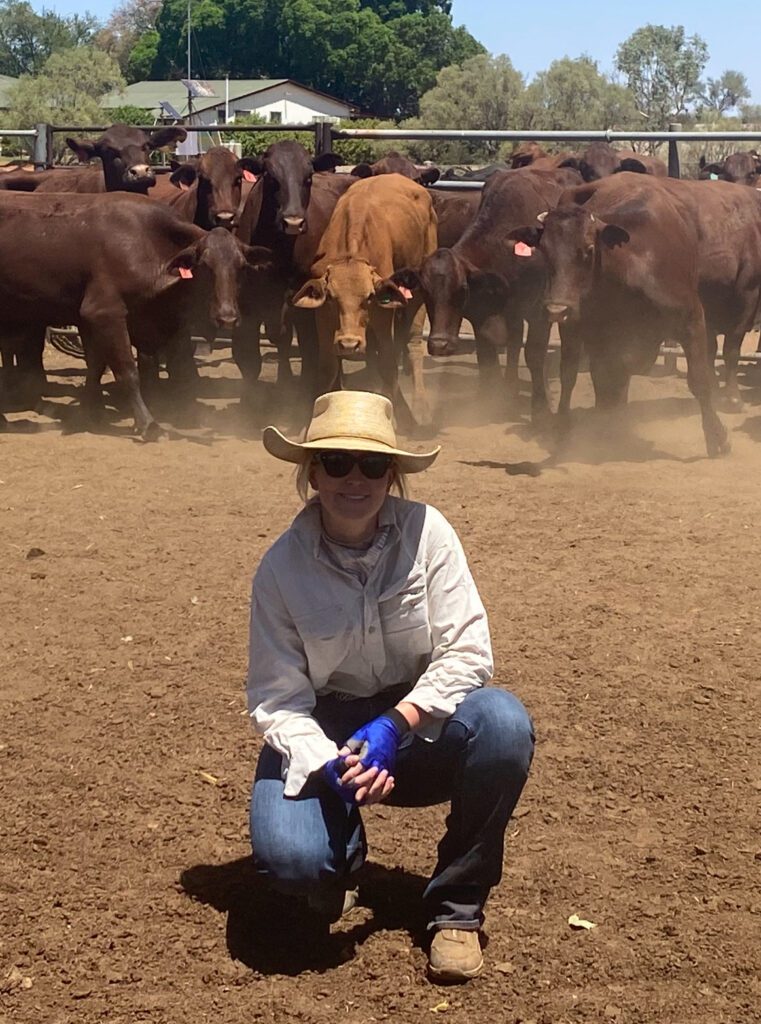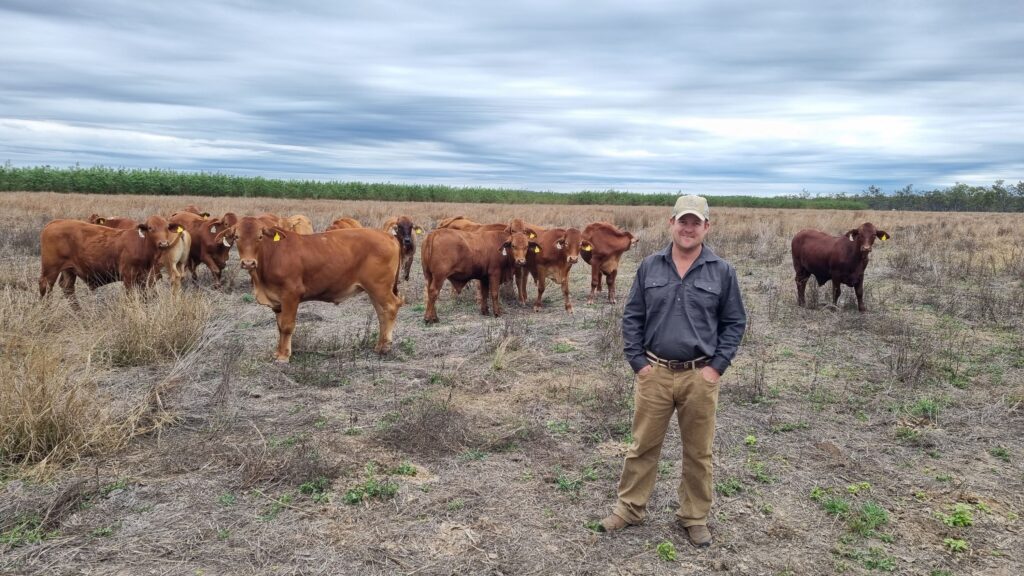What’s Happening
Four new veterinarians have joined Queensland’s biosecurity frontline, strengthening the state’s efforts to protect livestock, animal welfare, and public health. Based in Cairns, Charters Towers, and Charleville, the new recruits will take on leadership roles within Biosecurity Queensland, delivering veterinary and surveillance services across regional Queensland.
Three of the veterinarians are part of the Department of Primary Industries’ (DPI) commitment to deliver 100 new biosecurity officers in regional areas, while one position is funded through the Australian Government’s Northern Australian Biosecurity Strategy initiative.
Why It Matters
Queensland’s livestock industries are vital to the state’s economy, and maintaining strong biosecurity measures ensures they remain protected from animal diseases and pests. The new appointments expand Queensland’s capacity to respond to biosecurity threats while supporting producers and upholding high animal welfare standards.
Queensland Chief Veterinary Officer, Dr Allison Crook, said the new appointments strengthen the state’s frontline against emergency animal diseases and pests.
“Biosecurity is critical to safeguarding Queensland’s agricultural industries, animal health and our access to interstate and international markets,” Dr Crook said. “These new vets are just a few of the additional faces Biosecurity Queensland is bringing into regional biosecurity hotspots to strengthen our footprint on the ground in the regions. “By embedding skilled professionals in key regional locations, Biosecurity Queensland is enhancing its ability to respond to emerging threats, support local producers, and uphold the state’s reputation as a leader in animal biosecurity and welfare.”
Local Impact
The new veterinarians in Cairns, Charters Towers, and Charleville will work closely with producers, private vets, and local communities, ensuring stronger disease prevention and response in northern and western Queensland. Their presence reinforces Queensland’s leadership in protecting agricultural industries from biosecurity threats.

By the Numbers
-
Four new veterinarians have joined Queensland’s biosecurity frontline.
-
Three are part of the DPI’s 100 new biosecurity officer initiative in regional areas.
-
One role is funded by the Australian Government’s Northern Australian Biosecurity Strategy.
Zoom In
In Charleville, new Operational Veterinarian Courtney Scott brings extensive rural experience and a strong connection to Queensland’s Channel Country. Growing up on a family cattle station near Windorah, Dr Scott has spent more than seven years as a private veterinarian across rural Queensland, as well as time working in Victoria and the Northern Territory.
“I joined Biosecurity Queensland to assist both producers and private vets with disease investigations and herd health, and to play a role in emergency responses,” Dr Scott said. “I’m looking forward to getting out in the field and building strong relationships with the western community.”
In Cairns, Dr Elias Christofi has relocated from Sydney with his cat, Figaro, after serving as a district veterinarian across Greater Sydney. His work has focused on chickens, goats, sheep, and cattle. With a background in political, economic, and social science research, Dr Christofi is particularly interested in One Health, which focuses on the interconnection between animal, human, and environmental health.
“I’m passionate about improving both human and animal health, and I look forward to serving Queensland communities,” Dr Christofi said.
In Charters Towers, Dr Daniel Metcalfe brings firsthand experience as a small producer, which he says helps him connect with those facing livestock losses. “As a small producer myself, I empathise with others involved in the industry that suffer cattle losses,” Dr Metcalfe said. “When assisting them to determine what has occurred, it allows me to use both my skillsets and compassion to help them navigate the situation.”
Zoom Out
The expansion of Queensland’s biosecurity workforce is part of a broader commitment to improve surveillance, strengthen emergency response capability, and enhance community engagement across regional and remote areas. With more skilled professionals now based in key regional centres, Biosecurity Queensland is well positioned to protect the state’s livestock industries and maintain high animal health standards.
What to Look for Next
The Department of Primary Industries will continue its commitment to deliver 100 new biosecurity officers in regional Queensland, further building the state’s capacity to safeguard its agricultural and livestock sectors.
For more information about Biosecurity Queensland’s work and its commitment to protecting Queensland’s agricultural industries, visit www.biosecurity.qld.gov.au.



